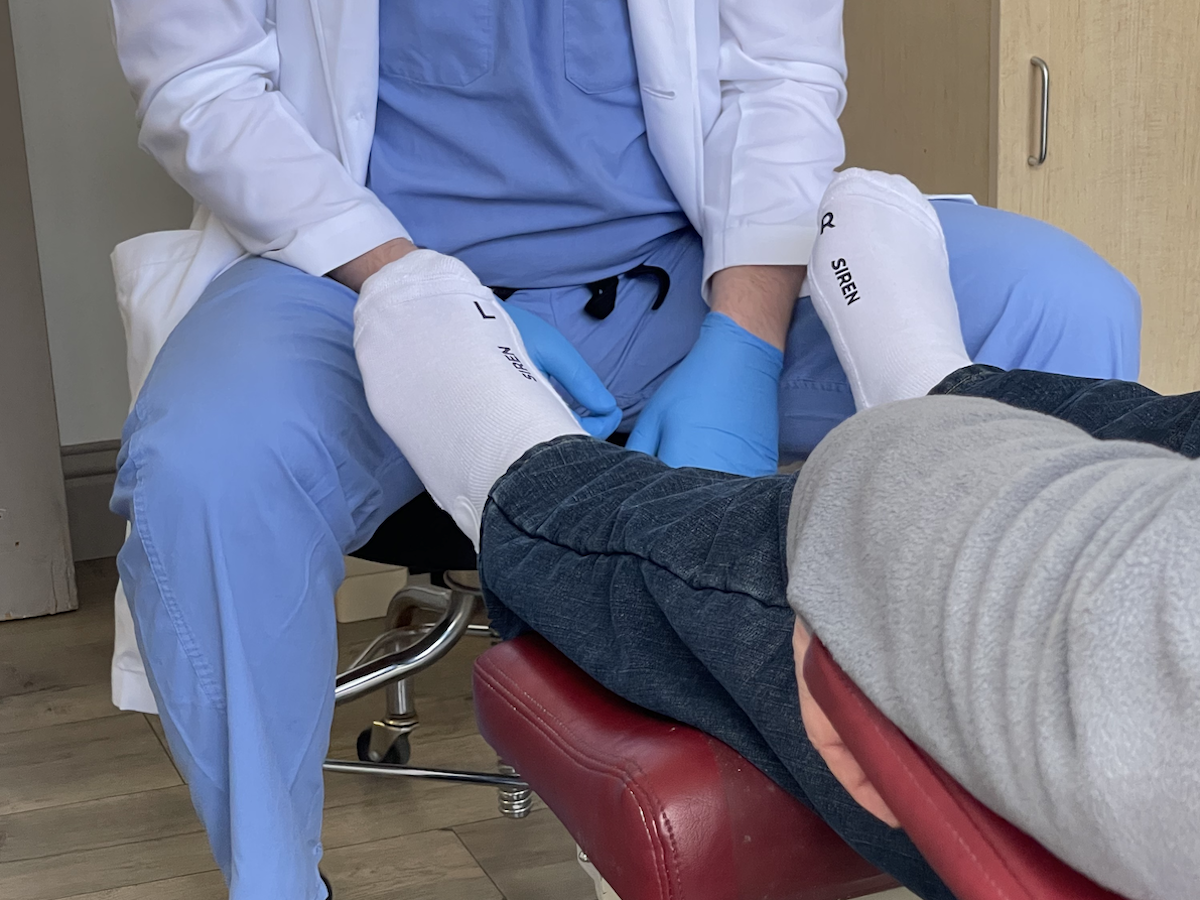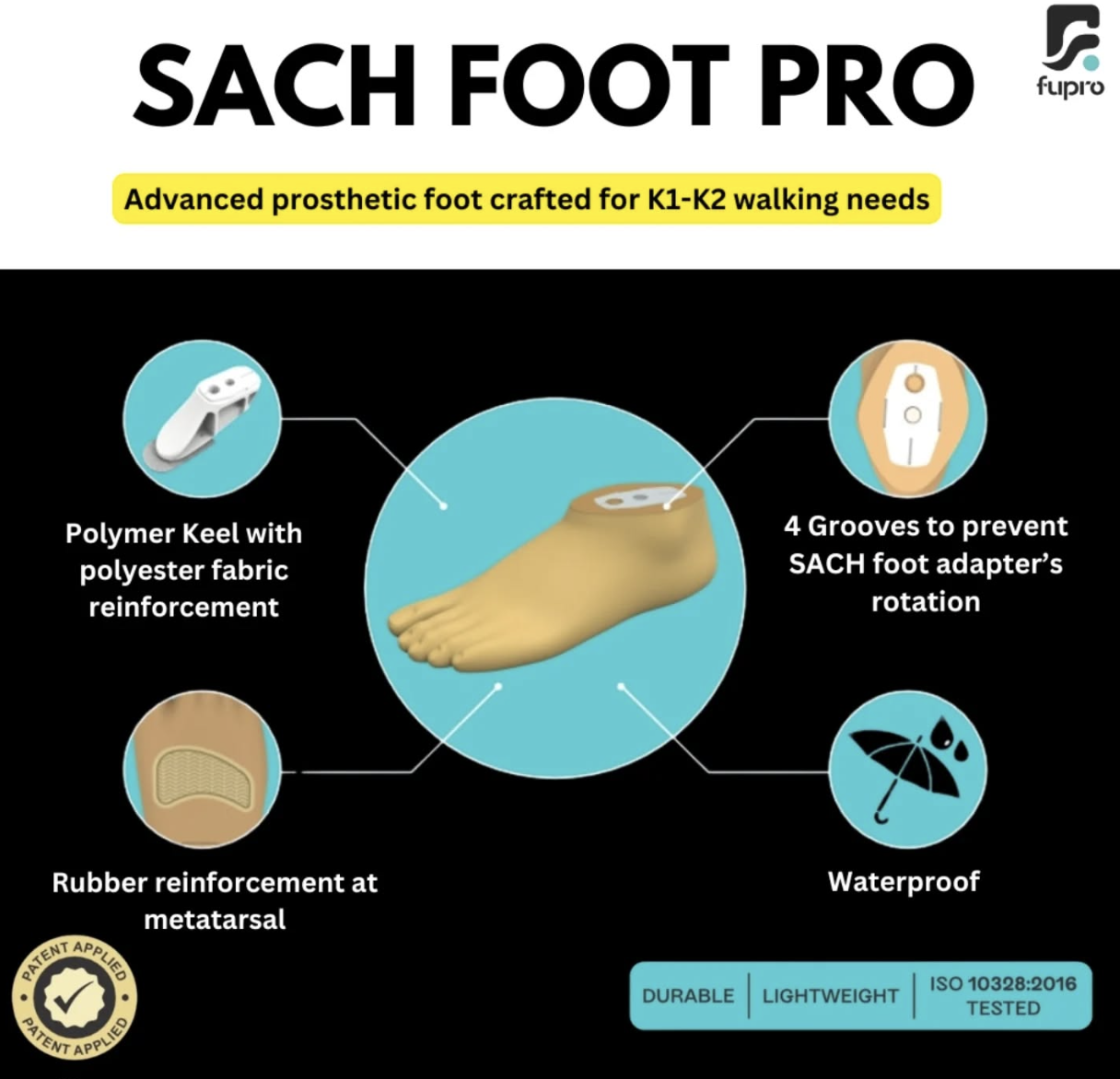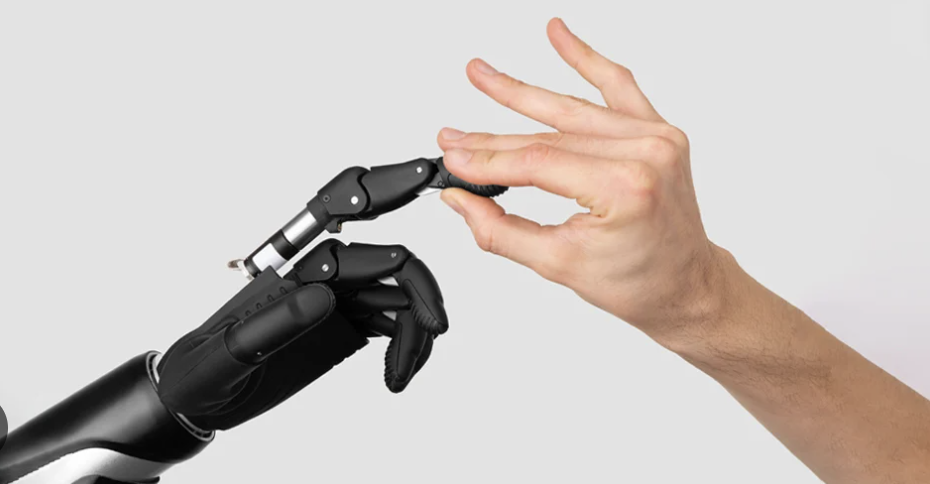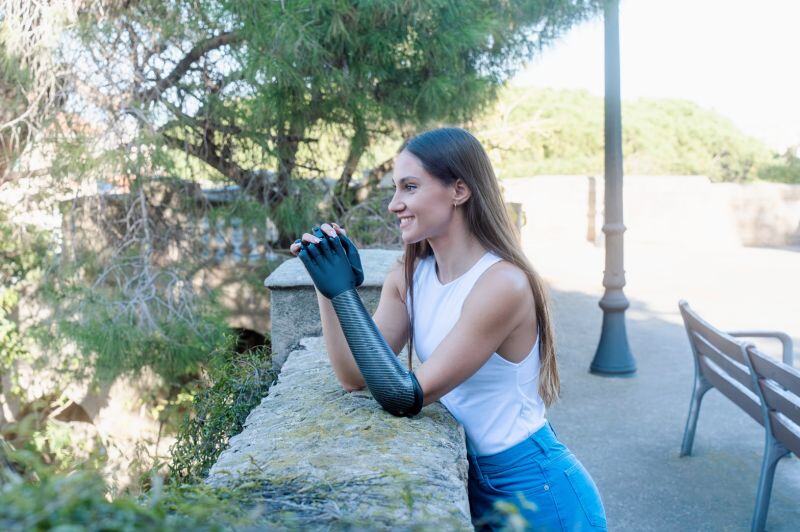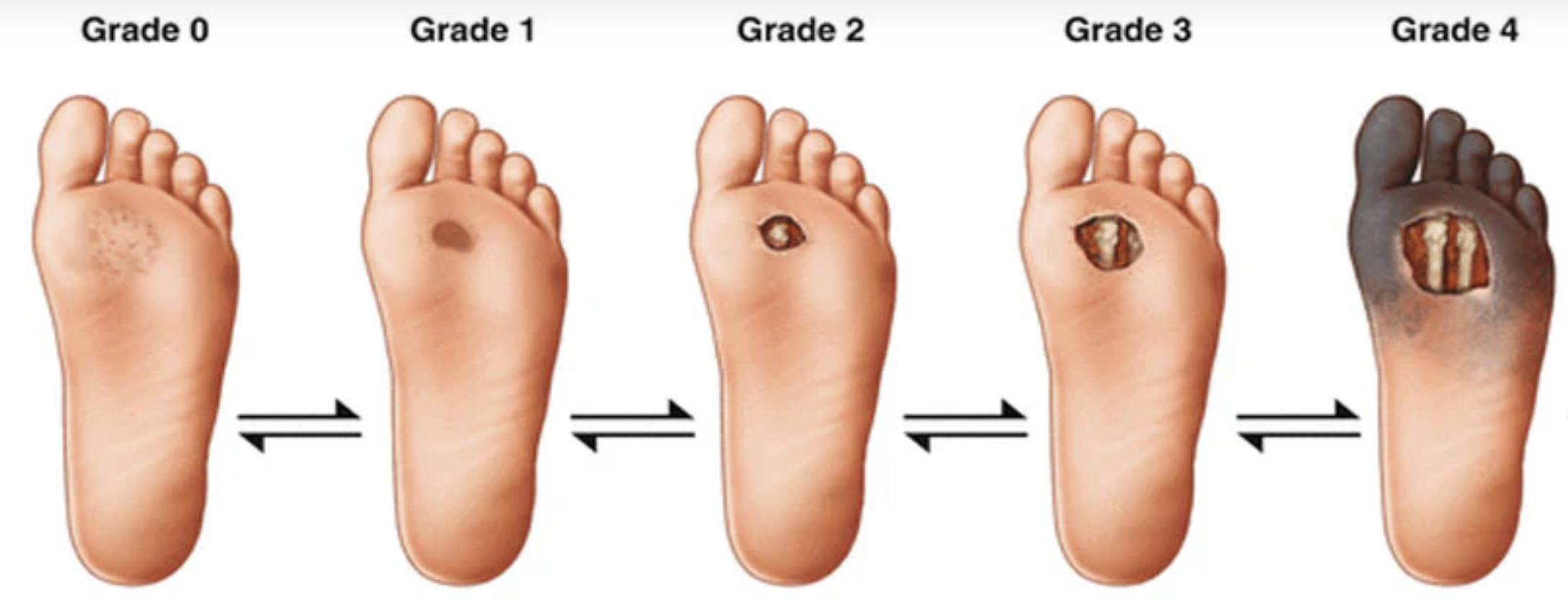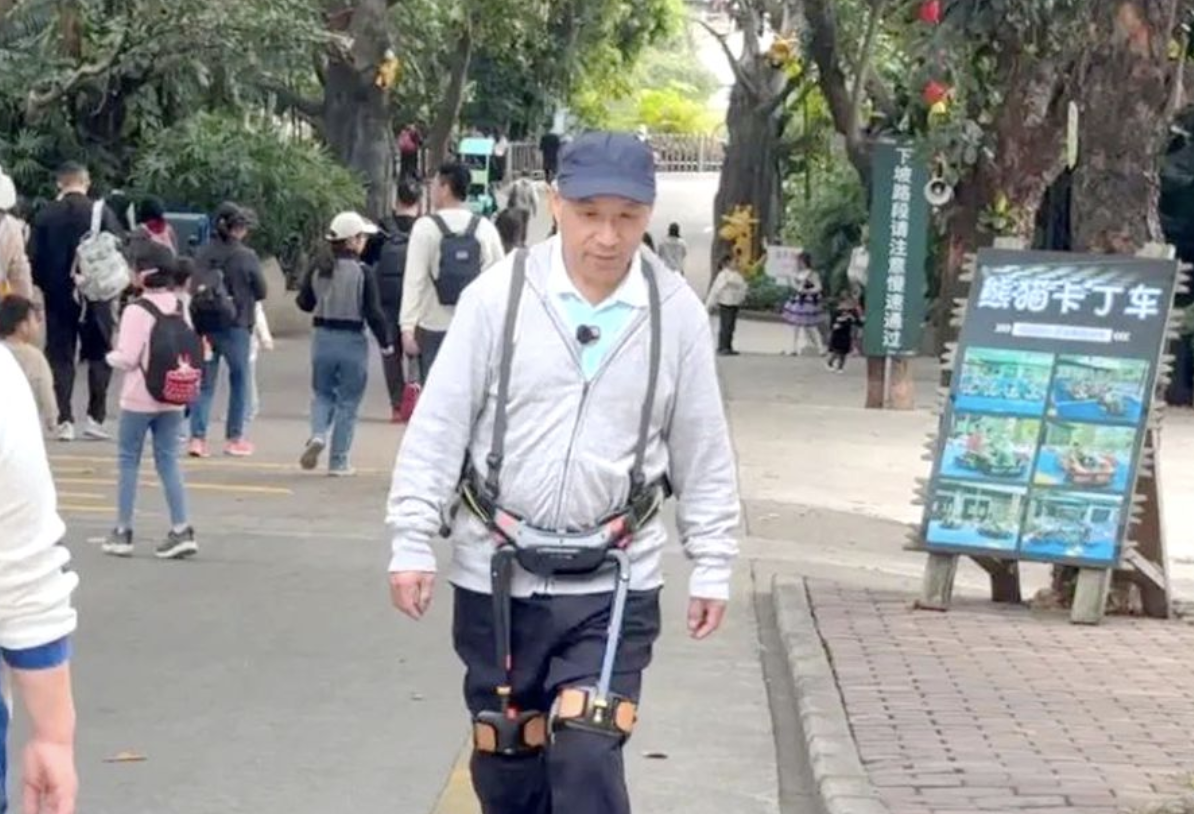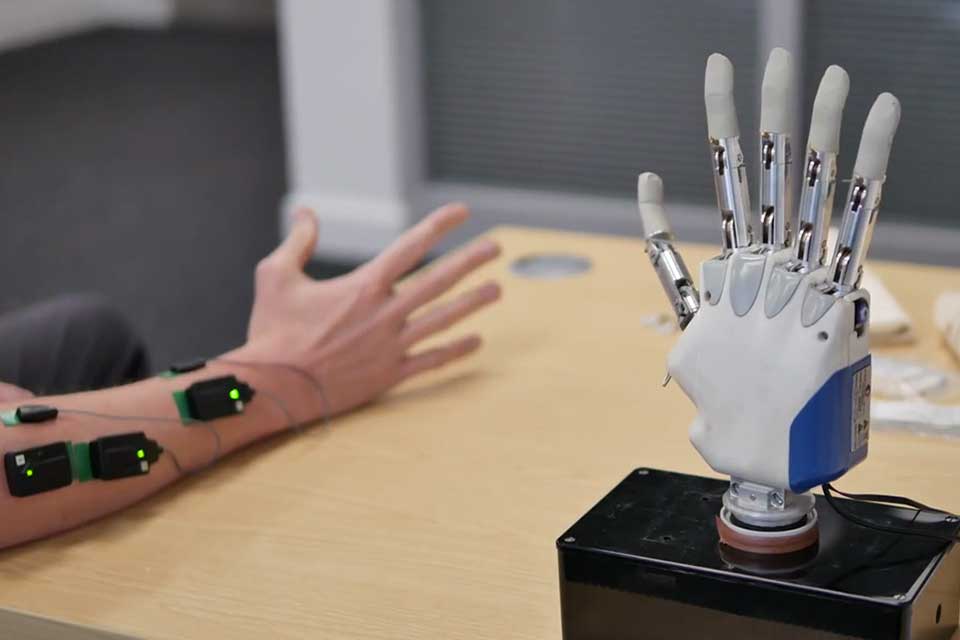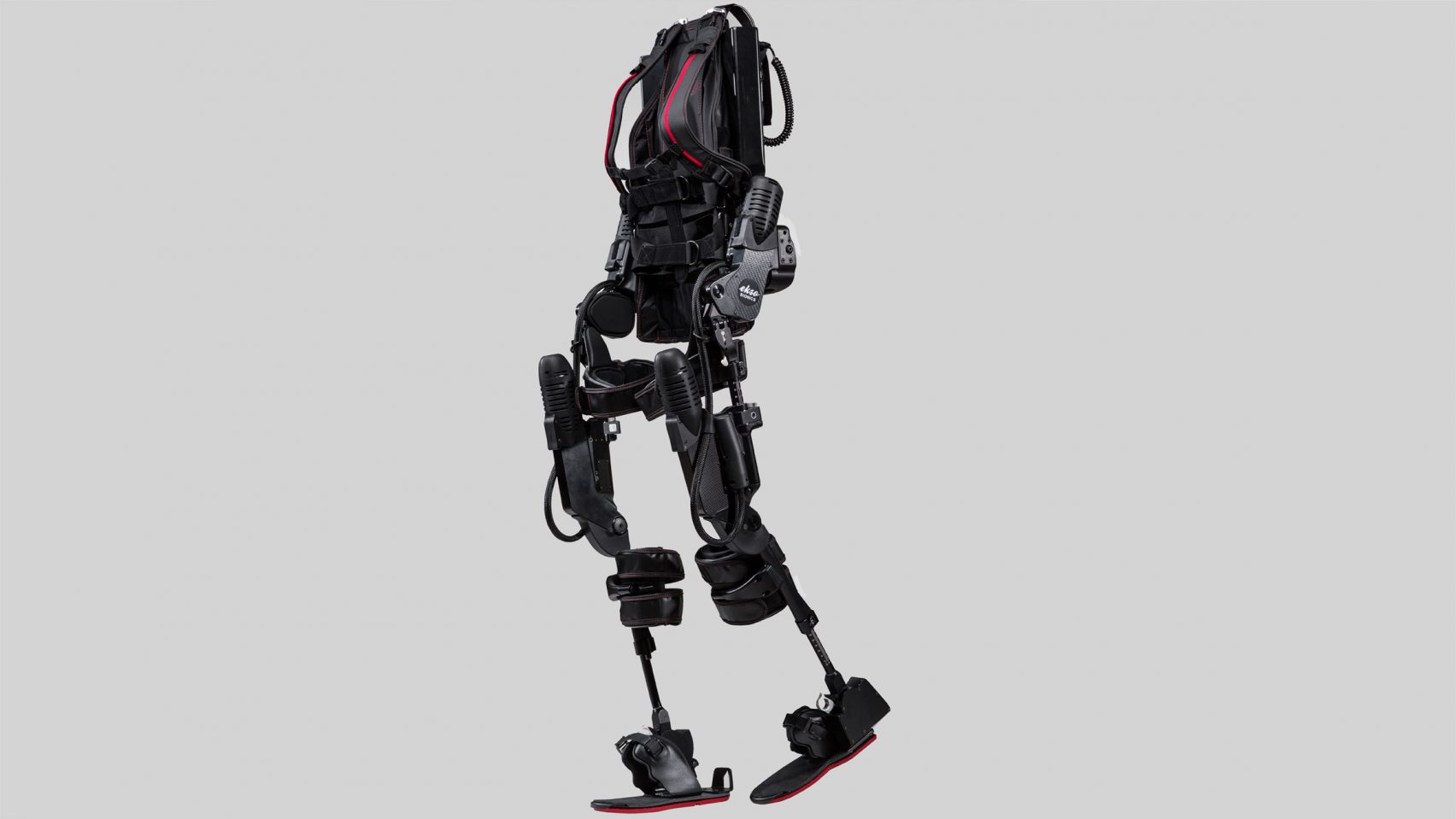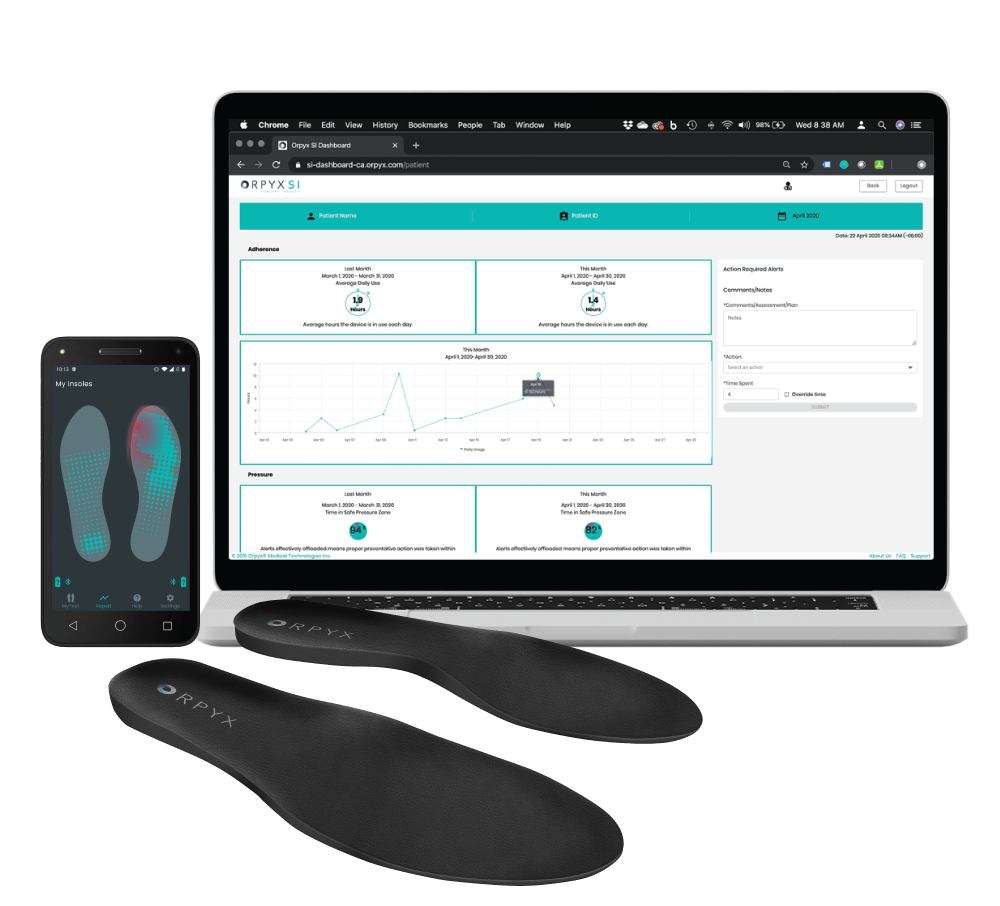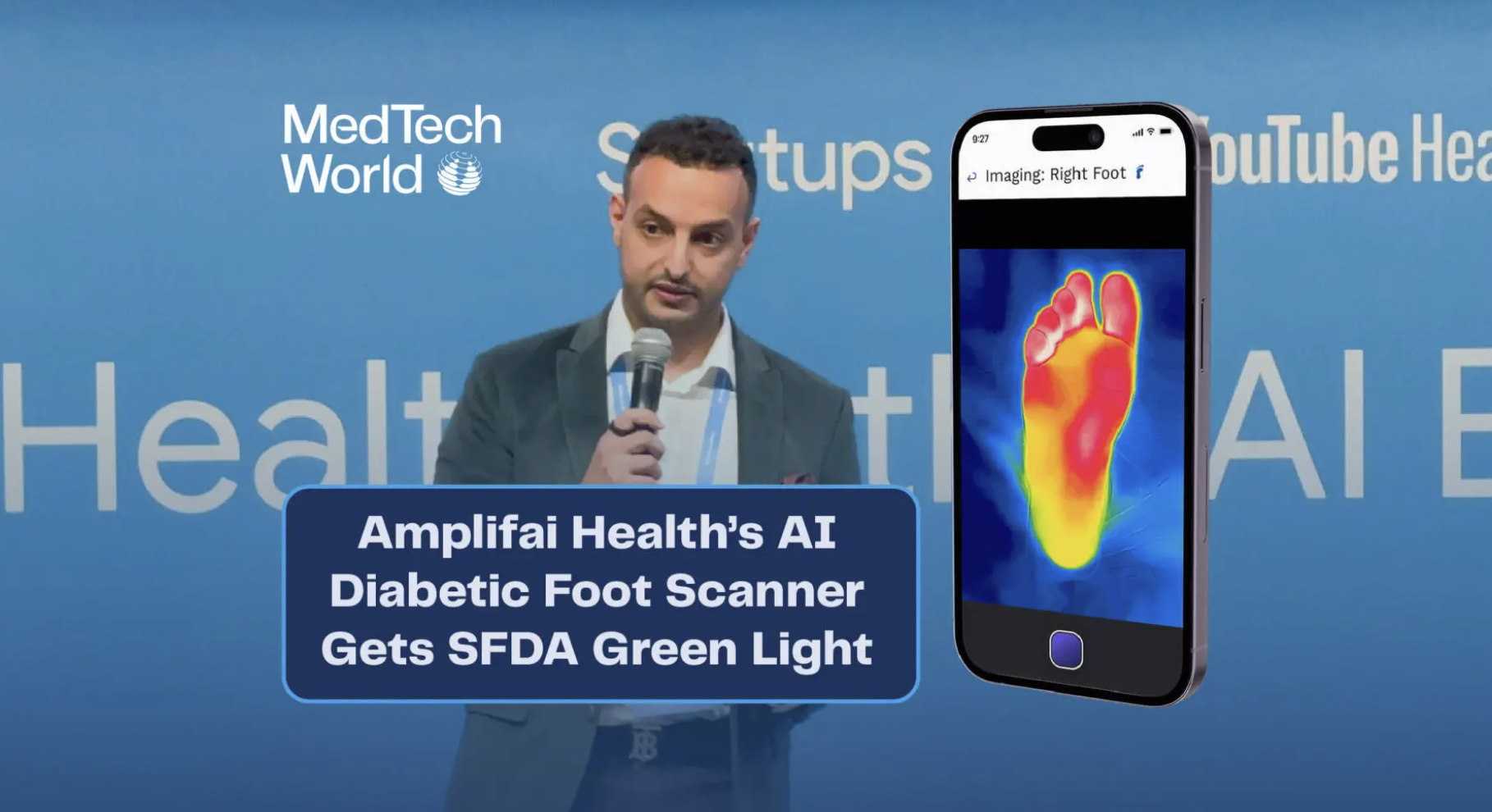After studying burn victims and war veterans, entrepreneur Ran Ma hand-made a sock that contained sensors to detect foot ulcers. Now, her company, Siren, has secured $9.5 million, with an $8 million check from lead investor Mölnlycke Health Care to further the development and adoption of its diabetic foot ulcer (DFU) prevention product. It's now raised $43 million to date.
About 830 million people worldwide have diabetes, over a third of whom can develop debilitating ulcers in their lifetime, which can lead to severe complications, and even amputations in some cases.
Siren’s product, Siren Socks, detects early signs of potential foot injuries by sensing a patient’s foot temperature and detecting hotspots that indicate potential ulcers in real time. The company claims it can reduce the risk of DFUs by up to 68% and amputations by 83% by collecting data continuously.
“I studied biomedical engineering at Johns Hopkins and at Northwestern University,” Ma told TechCrunch. While there, she worked at a wound lab to “create a biomask to regenerate the human face for burn victims and war veterans,” she said.
Ma dropped out of school twice — once from Northwestern, and then from Copenhagen Business School — but eventually she hand-sewed the first prototype of the Siren Sock with sensors she’d bought from RadioShack and a leftover Arduino board from Maker Faire. “I then paid a tailor in Chinatown to sew my second prototype with multiple sensors and created the first continuous temperature-monitoring socks,” she said.
In 2017, the startup won TechCrunch's Hardware Battlefield contest at Disrupt. Since then, Siren has raised funding from Khosla Ventures, Founders Fund, DCM, Manta Ray Ventures, and Aloft among others, pulling in $18 million in a Series B. It has now added Mölnlycke as its first strategic investor, and as result the socks will be made more available in European markets via this partnership (as well as the U.S.).
The space is clearly warming up, to coin a phrase. Competitor Podimetrics has raised over $98 million for its temperature-sensing mat, while Orpyx, which makes a pressure-sensing insole, recently raised $20 million in growth capital.
